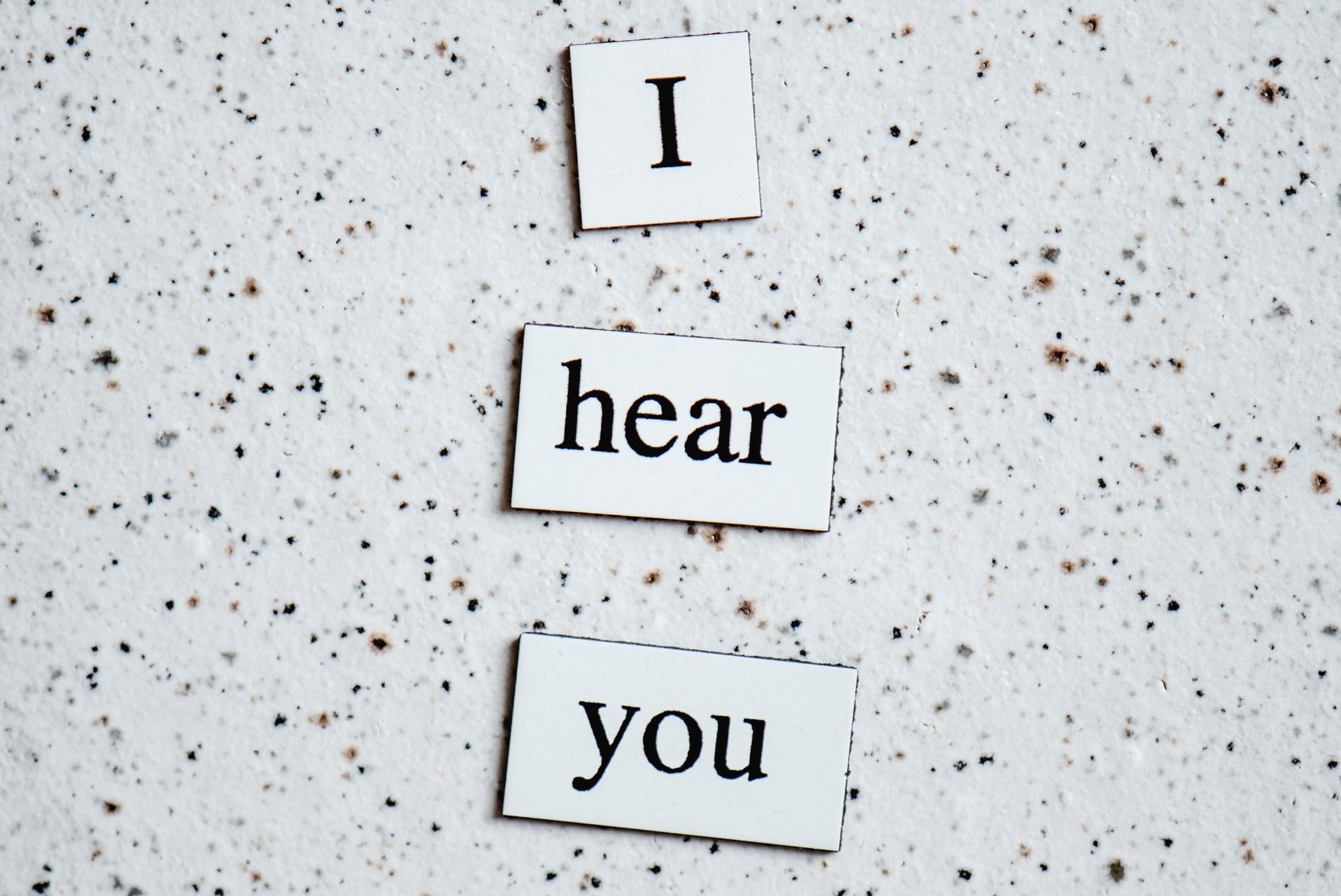
Heart disease and arthritis are the leading health conditions affecting older Americans, but hearing loss associated with ageing is the third leading condition. Worldwide hearing loss is the fifth most common cause of years lived with a disability. As our population ages, more and more people are experiencing hearing loss, and one of the consequences of this invisible condition is that it may lead to depression.
Contents
Depression Data Ties Hearing Loss to Mental Health
Formerly assumed to be separate health issues, recent studies are beginning to suggest that hearing loss has a correlation to leading to depression. Adults aged 18-69 with hearing loss were found to have significantly higher rates of moderate-to-severe depression than adults with normal hearing. A long-term study found that women who experienced mild sensorineural hearing loss from childhood had higher levels of anxiety and depression and lower self-esteem than women with normal hearing. Hearing loss that goes untreated may result in a poorer quality of life as a result of isolation. With isolating comes a reduction and social activities and feelings of exclusion, which may trigger depression. The good news is that this depression linked to hearing loss may be reversible. The use of hearing aids has been shown to decrease the likelihood of major depressive disorder or any symptoms of depression. Symptoms of depression may disappear within three months of the initiation of hearing aid use.
Why Hearing Loss May Lead to Depression
The exact mechanism that causes hearing loss to lead to depression is still unknown, and research into the linkage between the two conditions is ongoing. But the leading theory is that the mechanism is behavioral: when someone experiencing hearing loss begins to have difficulty hearing when others are speaking, communication becomes increasingly difficult and frustrating. There is a tendency then for these people to begin isolating themselves to avoid the frustration of trying to communicate unsuccessfully. This social isolation and loneliness can trigger symptoms of depression and even cognitive decline.
What are the Signs of Depression?
Feeling down or sad occasionally is a normal part of life, but if feelings of hopelessness will not recede, then depression may be the cause. Depression can affect every aspect of your life: how you think, feel, and function on a day-to-day basis. It can also interfere and cause problems in all aspects of your life including work, school, eating, and your relationships with others. Be on the lookout for these common signs of depression:
- A feeling that nothing in life will get better and that you’re helpless to do anything about it.
- Losing interest in things that used to give you enjoyment, such as hobbies, social activities, or sex.
- Significant changes in your appetite or weight.
- Significant changes in your sleep schedule.
- Short temper and irritability.
- An overall loss of energy, a feeling of fatigue that won’t go away.
- Feelings of worthlessness.
- Engaging in reckless behavior, such as drug use or other dangerous activities.
- Difficulty concentrating on tasks or remembering things.
- Aches and pains that don’t have a physical explanation.
Solutions for Preventing Hearing Loss Linked Depression
If you have hearing loss, what can you do to avoid depression? There are several things. The first would be to seek proper healthcare. If you have been avoiding seeking help for your hearing loss, you could be making things worse for not only your hearing, but your mental health. Make an appointment with your physician to discuss your issues. Your physician will most likely refer you to a licensed audiologist for a hearing test.
A hearing test will determine the severity of your hearing loss and lead your audiologist to suggest treatment options, such as hearing aids or alternative listening devices. You might consider joining groups for people who have hearing loss to support one another. If you are already experiencing depression due to your hearing loss, be sure to seek mental care. Your mental health is no less important than your physical health, and the faster you tackle the symptoms, the better!
Steps to Take If You or a Loved One is Depressed
If you or a loved one is experiencing depression, you may feel powerless to do anything about it. However, there are steps you can take to help yourself or a loved one.
- Connecting with other people can make a big difference. People experiencing depression isolate themselves from others, which exacerbates the feelings of loneliness and hopelessness. Don’t worry about that person being to fix your problems, just having someone to listen to and talk to is the important thing.
- Feelings of lethargy are common when you are depressed. Getting out of bed can feel impossible. But if you can do it, regular exercise can have big benefits in your overall health and in combating depression. Exercise releases neurotransmitters such as endorphins and serotonin, which relieve pain and stress and give you a better sense of well-being. Just starting with a small walk can help.
- Certain foods can negatively affect your mood and make your depression worse, such as caffeine, alcohol, and sugar. Foods such as fruits, vegetables, and whole grains are known to be associated with a decreased risk of depression.
- You may not feel like it whatsoever, but engaging with the world is a good way to fight depression. Go for a hike in the woods, volunteer with animals or the elderly, or start a new hobby. If you can make the first few steps to pick something and do it, you will start to feel better.
Ultimately, it is recommended that you seek help from a mental health professional. Your physician can refer you to a psychologist or psychiatrist, or other forms of support to help you. From there you may benefit from therapy or counseling sessions where you can learn how to cope with and treat your depression, or you may be prescribed medication to help deal with your depressive symptoms.
Other Hearing Loss Related Issues
Treating your hearing loss as soon as possible is important for more reasons than just preventing depression. Hearing loss can lead to debilitating issues later in life, including cognitive decline and dementia. Adopting hearing aid use to treat hearing loss has been shown to greatly improve the mental health of people suffering from hearing loss and reduced the risk of developing mental health issues later in life.
The information in this guide has been written using the following reliable sources:
https://www.healthline.com/health/depression/exercise#2
https://www.health.harvard.edu/blog/diet-and-depression-2018022213309
https://www.helpguide.org/articles/depression/depression-symptoms-and-warning-signs.htm
https://www.asha.org/public/hearing/Sensorineural-Hearing-Loss/
https://bmcpublichealth.biomedcentral.com/articles/10.1186/s12889-019-6449-2
https://ajp.psychiatryonline.org/doi/pdfplus/10.1176/appi.ajp.2017.17040423
https://www.ncbi.nlm.nih.gov/pmc/articles/PMC3773611/








